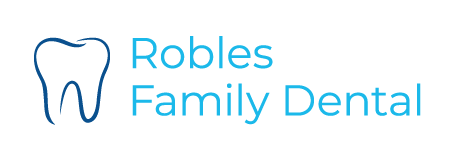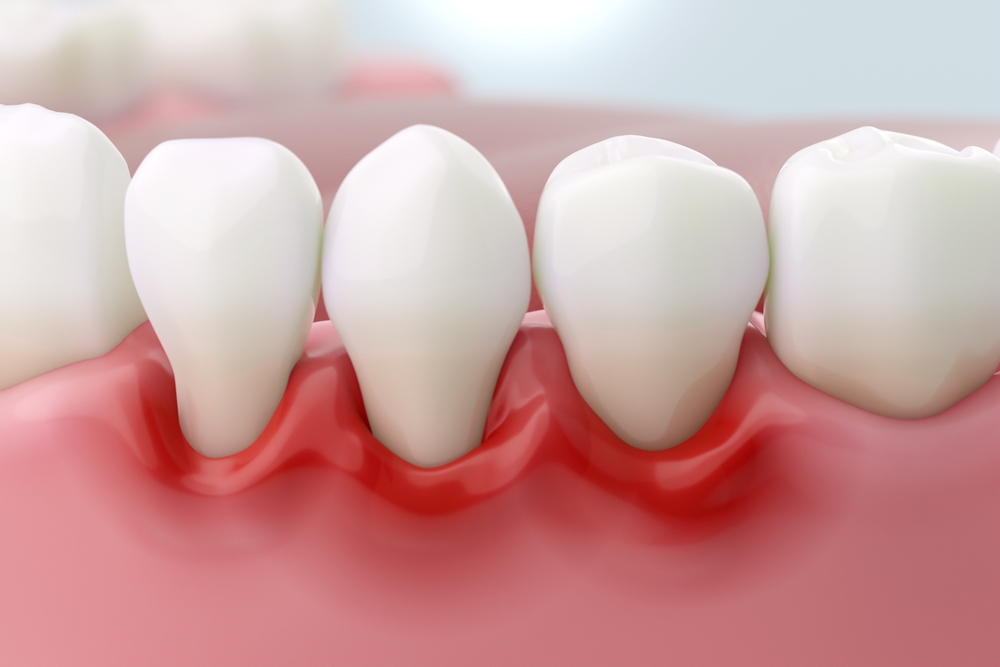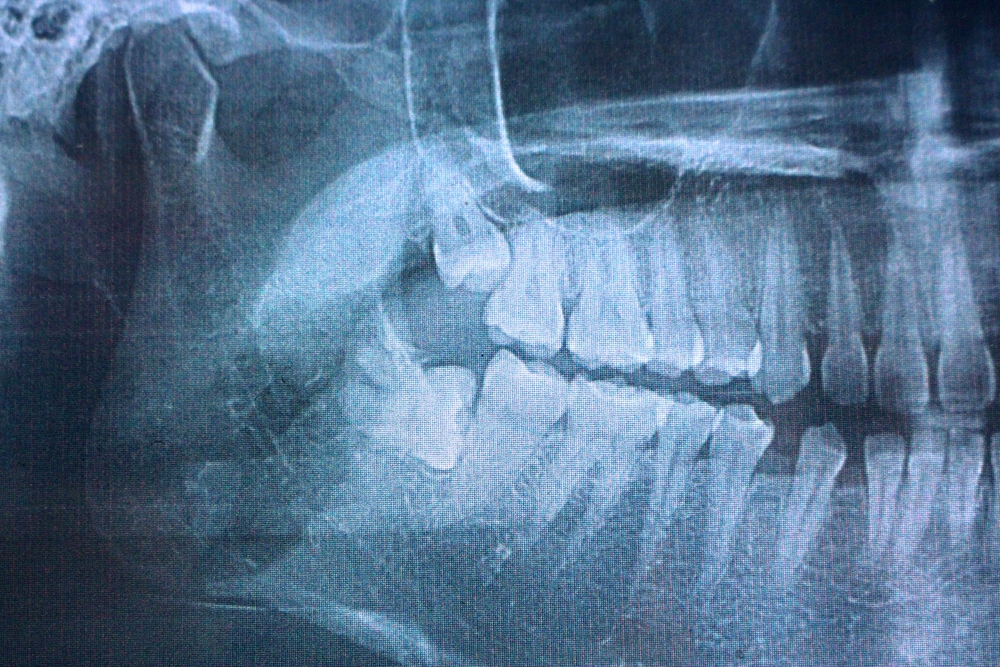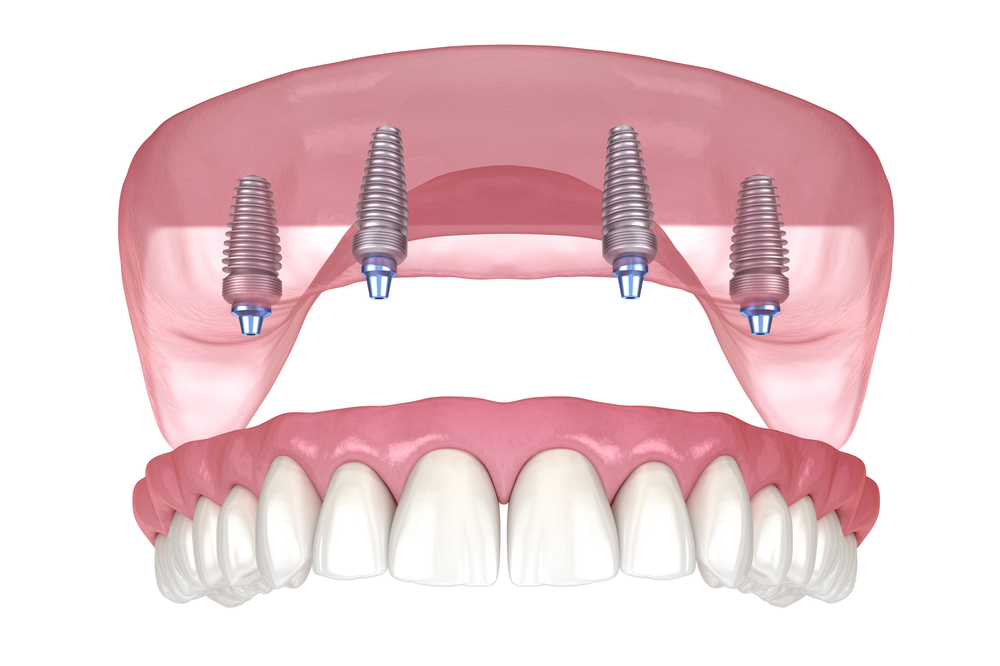Safe, Gentle Tooth Extraction Near You
Tooth extraction is a common dental procedure that involves the careful removal of a tooth from its socket in the jawbone when preservation is no longer possible or advisable. This treatment becomes necessary when teeth are severely damaged by decay, trauma, or disease beyond the scope of restorative procedures like fillings, dental crowns, or root canal therapy.
While dental professionals always prioritize saving natural teeth whenever possible, extraction sometimes represents the best treatment option for protecting overall oral health. The decision to extract a tooth is never made lightly and involves careful consideration of all treatment alternatives. When extraction becomes necessary, proper technique and post-operative care promote healing and prepare the area for potential tooth replacement options.
Experiencing severe tooth pain or facing the need for tooth extraction? Contact our dental practice in Berwyn at (708) 788-4444 to schedule a consultation with Dr. Robles. We provide gentle, professional tooth extraction services for patients from Cicero, Riverside, Oak Park, and surrounding areas with a focus on comfort and optimal healing.




